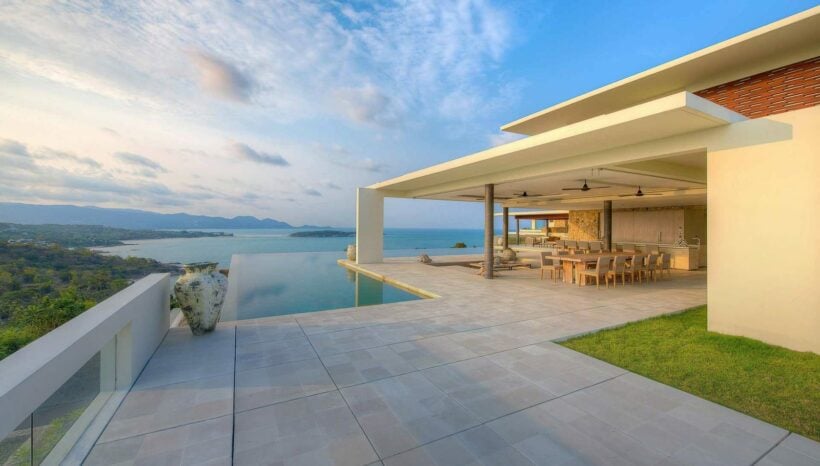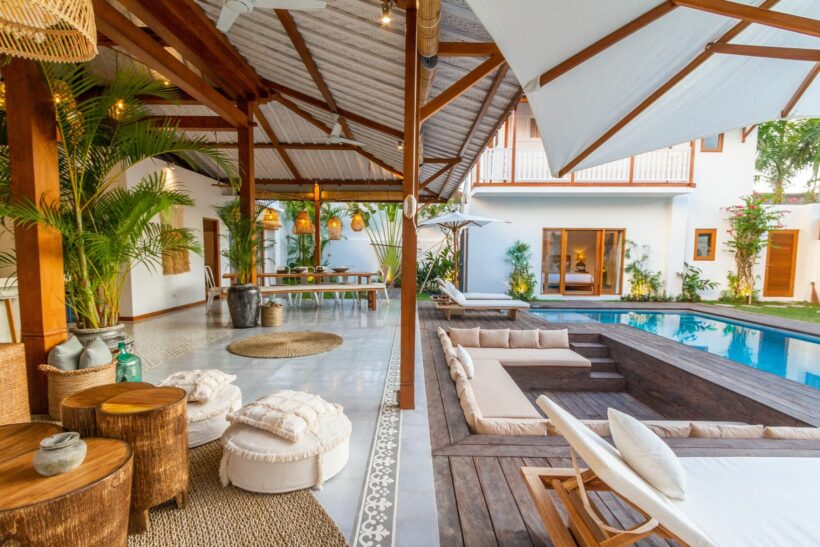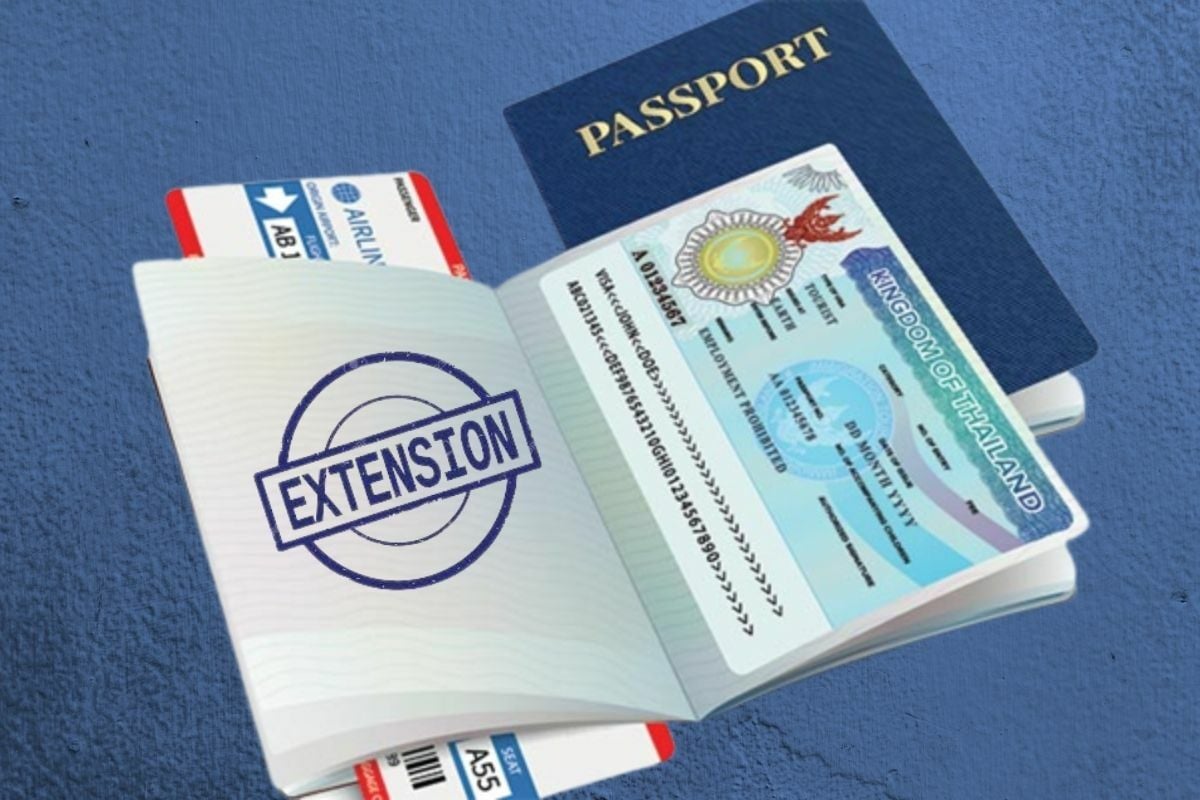What is the best property to invest in Thailand in 2024?

Q1 2024 has brought a mixed scenario for Thailand’s property market. Transaction volumes have dropped, yet there’s a modest rise in both property prices and annual yields. Amid the ongoing economic recession and market slowdown, Thai authorities are exploring legislative reforms to attract foreign investment. It’s crucial to differentiate between the resort property sector and condominiums bought with mortgages by Thai nationals, as these represent distinct market segments.
Q1: market downturn and slight price growth
A dramatic downturn in the Thai market in Q1 2024 was shown by the data from the Government Housing Bank’s Real Estate Information Center (REIC). The total number of 72,954 transactions is a 13% decrease compared to Q1 2023. This is the lowest figure since 2018. The number of transactions for properties in the THB 5–7.5 million ($135,000–210,000) price range fell particularly sharply.
The number of new housing loans fell by 20.5 % year-on-year. They totalled THB 122 billion ($3.37 billion), the lowest in 6 years. According to the experts, the government, along with the private sector, has to develop measures to attract foreign buyers.
1% quarter-on-quarter and 5% year-on-year increase in prices was demonstrated. The significant factors for this include rising land and building material costs, higher builders’ salaries and higher bank rates.
Q2: the decline continues
The Thai Condominium Association (TCA) announced the first results of Q2 at the end of July: the number of transactions has slightly increased compared to Q1 but is far behind the figures for the same period last year. For example, sales of townhouses and properties priced below THB 3 million ($85,000) posted the lowest results in 12 years and were 54% lower than in Q2 2023.
TCA president Prasert Taedullayasatit said that despite high demand in the market, many Thais are unable to buy homes because banks are not approving loans for them.
There were also fewer property transactions by foreigners. The expert attributed this to the political situation in Myanmar, which caused the number of deals done by Myanmar nationals in Thailand to drop by 50% compared to Q1.
He also noted that the drop in the number of deals is reflected in the launch of new projects: in H1 2024, the figure was the lowest in 13 years.
Phuket: resort property hub
Despite the difficult situation in the Thai market, the resort housing segment in Phuket continues to grow, says Anna Baranova of InDreams Phuket Real Estate. One of the main reasons is that foreign buyers do not need to use mortgages.
“We have not noticed any complication in Phuket’s property market in 2024. The Thai market in the context we are interested in can be divided into the residential property segment for citizens of the country, where purchases are mainly financed with mortgages and the resort property market for foreigners. The latter is concentrated in Phuket; a cheaper segment is located in Pattaya. It is also present in Bangkok, as well as in some provinces like Samui, where the market volume is quite small,” the expert said.
In Q1 2024, about 72,000 housing units worth THB 460 billion ($12.7 billion) were put up for sale in Phuket, with 62,000 units sold. During the same period, developers delivered 25 new projects with 4,000 units worth THB 54 billion ($1.5 billion). Most of them are categorised as vacation condominiums.
According to Anna Baranova, there are already 130 new projects announced in Phuket. These are villages with villas and complexes of houses with flats (from 200 to 1,000 flats).
The popularity of resort condos is explained by their investment appeal. Some foreigners buy such objects at the initial stages of construction and then resell them at the handover of keys with a profit of up to 20–30%. Others keep the object to live in during holidays, and it is rented out to tourists the rest of the time.
According to consulting firm C9 Hotelworks, the total Phuket branded resort property market will reach a record $2.3 billion in 2024, making it the largest in the world. At the same time, it continues to grow.

Reasons for growth
Tourism remains the main driver of market growth in Phuket. 8.38 million people visited the island showing a 152% increase from a year earlier. It has become Southeast Asia’s most popular destination, overtaking Bali and the Maldives.
The development of the Thai market as a whole is hampered by insufficient provision of infrastructure, primarily roads, says Anna Baranova. However, in the case of Phuket, the government has developed large-scale plans for infrastructure construction.
“Plans have been approved to build 3 highways and 2 tunnels, which will improve logistics. In 2031, there will be a mainland airport that will handle 22 million passengers a year. But even earlier, in 2027, the new terminal of Phuket International Airport will be completed; after that, the airport will have a capacity of 18 million people per year,” the expert explains.
Among the factors contributing to the growth of the property market, she highlights the following:
- Favourable climate.
- Virtually no taxes for foreigners.
- Simplified visa regime with convenient conditions for different social groups such as students or pensioners.
- Ease and speed of financial transactions. Such checks like Know Your Customer are minimised in Thailand.
- The global political situation forcing foreigners to seek a haven.
- Low crime rate.
- A welcoming attitude towards foreigners among the local population.
“Today, 13 international schools are operating in Phuket, of which 5 opened in 2023. This shows the high demand among foreigners for Phuket’s property, and that many are moving here permanently,” said Baranova.
C9 Hotelworks in turn notes that the number of international schools in Phuket is set to double within a few years.

Rentals and annual yields
According to a report by Global Property, by the start of H2 2024, the average rental yield in Thailand is 6.27% per annum which is 5.79% up from the end of 2023. Analysts note that locals prefer to rent as they cannot afford to buy real estate. Tourists and relocants also contribute to the popularity of renting.
Properties in Sattahip (7.05%), Samut Prakan (6.75 %), and Phuket (6.36%) generate the highest returns. However, much depends on the specific area and type of property: for example, in the Huai Khwang neighbourhood in Bangkok, the profitability of studios reaches 8.41% per annum.
“All over Thailand, the average yield is about the same, except for Bangkok, where it is higher. If we give conservative figures, the yield for long-term rentals is 6–7% per annum and for short-term rentals is 7–10%. It is also possible to calculate the capitalisation of real estate, the increase in its value taking into account inflation and market growth and sell it profitably. However, the investor is better to decide in advance on the investment strategy. It is important with the help of professionals to analyse the market situation, demand and trends related to demand,” says Anna Baranova.
Radical reforms
To revitalise the market and stimulate the country’s economy, the Thai authorities intend to significantly liberalise legislation for foreign investors:
- Increase the quota for foreigners in condominiums to 75% of the area (at the moment foreigners can own no more than 49%).
- Increase the term of leasehold for foreign investors from 30–50 to 99 years.
According to the initiators of the reforms, such measures are necessary because the current conditions hinder the inflow of foreign investment. In particular, in popular Phuket and Pattaya destinations, quotas for foreigners in some projects have already been used up. It is not possible to expect an increase in demand from the local population due to their high borrowing capacity, as well as difficult loan conditions.
“Some areas are not attracting local buyers, so the government should increase quotas for foreigners to stimulate economic growth,” said Vichai Viratkapan, the acting director-general of the REIC.
However, Anna Baranova believes that increasing quotas for foreigners will not have a significant impact on the market.
“Many developers do not have this quota, because foreigners often buy property on leasehold. The only exception is investors from Russia, who are often willing to pay more for the opportunity to own property,” the expert explains.
On the other hand, increasing the term of leasehold can have a significant impact, says Anna. Now the term is 30 years with the possibility of a threefold extension. Increasing the starting period to 99 years will give a serious impetus to the growth of sales and property prices.
Despite the potential positive effect on the economy, the proposed reforms have faced criticism from conservative politicians. The implementation of these changes remains in doubt.

The highlights
For Thailand, the Q1 2024 has not seen the best of results. The number of property transactions is falling and supply is shrinking. The Thai Condominium Association is seeing record declines not only in the number of transactions but also in the number of new projects in the under THB 3 million ($85,000) segment.
Despite the challenges, prices continue their slow growth of 5% per year. Rental yields have also increased compared to the end of 2023. It now stands at 6.27% per annum.
While locals are unable to purchase properties due to the unaffordability of mortgages, foreigners continue to actively buy resort real estate. Phuket market, the main centre of branded projects in this segment, is especially lively. More and more foreigners are choosing the island not only for investment but also for living.
Phuket’s popularity is also due to the development of infrastructure that other provinces lack: the construction of new roads and increasing the capacity of the international airport.
To attract more foreign investors, the government plans to increase the quota for foreigners in condominiums to 75% and extend the starting term of a leasehold to 99 years. Such measures have been supported by REIC, but conservative politicians have met them negatively. The expert in property in Thailand believes that the increase in quotas will not have a significant impact on the situation, while the extension of the leasehold period will help the market growth.
Latest Thailand News
Follow The Thaiger on Google News:


























